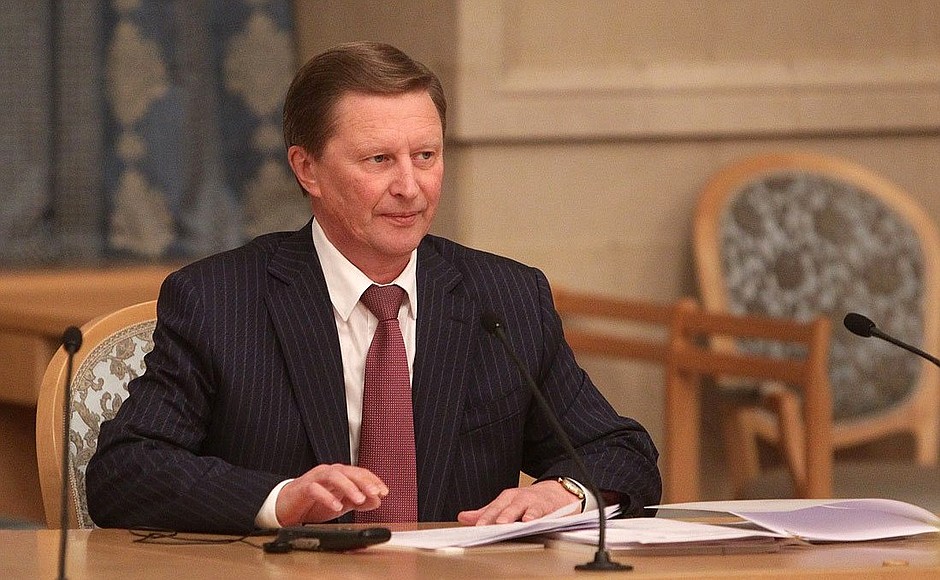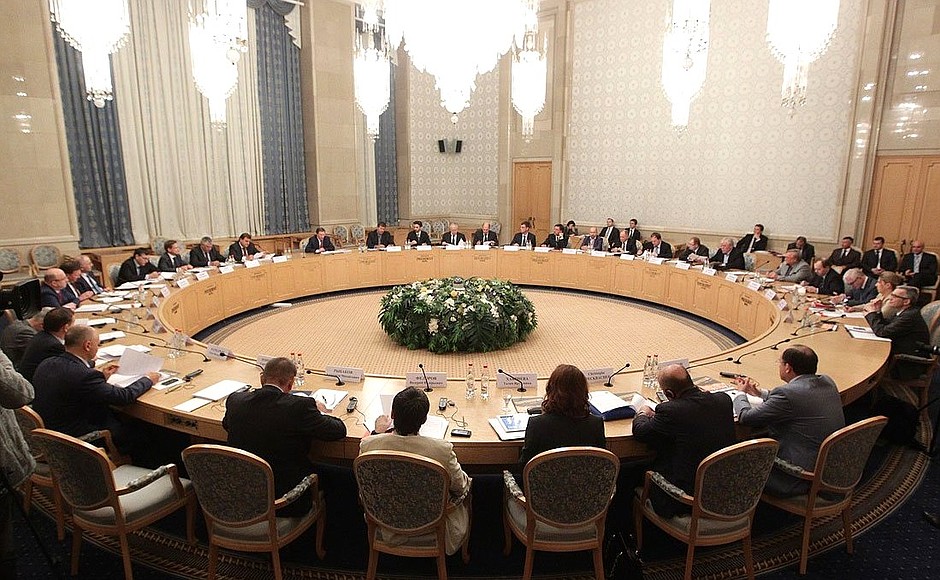The Chief of Staff of the Presidential Executive Office said that political parties, public groups, and the media can now openly raise issues concerning evidence of state officials providing false information on their incomes, and also report officials’ failure to comply with civil service codes of conduct. Backed with the proper evidence, these kinds of signals from the public would provide the legal grounds for conducting special investigations, including by the Presidential Executive Office’s departments. Mr Ivanov noted too that not only civil servants, but also businesspeople involved in corruption must be liable for their acts.
The authorities see civil society as a crucial partner and ally in fighting corruption and rooting out all tolerance for it, Mr Ivanov said. Eradicating tolerance for corruption in society will require closer cooperation with the media, so as to explain to the public just how harmful all forms of corruption are, Mr Ivanov said.
The Chief of Staff noted too, however, the importance of making a distinction between objective information on instances of corruption and paid publications containing unsubstantiated and biased allegations.
Mr Ivanov stressed that Russia is making a concerted effort on the anti-corruption front, as can be seen from legislative improvements and changes to the way state agencies and budget relations are organised. These are systemic measures designed to put in place the conditions that will make it possible to root out corruption. Mr Ivanov noted that there are thousands of corruption cases being investigated by the Investigative Committee and the Interior Ministry.

